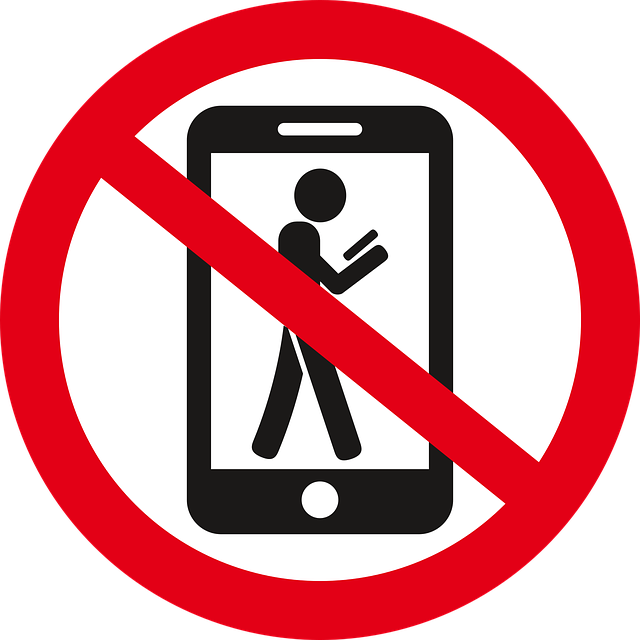New Hampshire consumers benefit from strong consumer protection laws enforced by the Attorney General's Office, covering areas like advertising, debt collection, and contract terms. Key statutes include the Consumer Protection Act (CPA) and industry-specific regulations. For legal aid, consulting local lawyers specializing in these matters is recommended, as traditional "do not call" restrictions don't apply to them. New Hampshire residents have robust protections regarding accurate product information, pricing transparency, and recourse for defective products.
Understanding your legal rights as a consumer in New Hampshire is crucial. This guide delves into the key consumer protection laws, empowering you to recognize and protect your rights regarding advertising, pricing, and product safety. We explore what actions to take if your consumer rights are violated, including identifying unfair practices and pursuing legal recourse. Additionally, we discuss specific Do Not Call laws in New Hampshire and your privacy rights, offering valuable insights from a legal perspective with local focus. For expert advice, connect with reputable Do Not Call lawyers and attorneys in the state.
Consumer Protection Laws in New Hampshire
New Hampshire has robust consumer protection laws in place to safeguard residents from unfair or deceptive business practices. These laws are designed to ensure transparency and fairness in various transactions, including sales, services, and marketing activities. The New Hampshire Attorney General’s Office plays a pivotal role in enforcing these regulations, protecting consumers’ rights, and combating fraud.
Among the key consumer protection measures are rules regarding advertising and marketing, which prohibit false or misleading claims. Additionally, there are laws governing debt collection practices, ensuring that collectors treat consumers with respect and adhere to strict guidelines. Consumers in New Hampshire also enjoy protections against unfair contract terms, ensuring they have a reasonable say in agreements they enter into. For those seeking legal advice related to consumer issues, it’s important to note that consulting with a local lawyer is advisable, but specifically searching for “do not call lawyer New Hampshire” or “do not call attorneys NH” is unnecessary as these professionals offer assistance without the need for such restrictions.
– Overview of key consumer protection statutes
In New Hampshire, consumers are protected by several key statutes designed to safeguard their rights and ensure fair business practices. The Consumer Protection Act (CPA) is a comprehensive law that prohibits unfair or deceptive acts in the conduct of trade and commerce. It covers a wide range of issues, including advertising, pricing, and product representation. Violations of the CPA can lead to legal action by both individuals and the Attorney General’s Office.
Additionally, the state has specific regulations for various industries, such as the Motor Vehicle Dealer Act for car dealerships and the Home Improvement Contract Act for contractors. These statutes provide further protections, ensuring transparency and accountability in transactions involving consumers. For those seeking recourse or advice regarding their consumer rights, it’s advisable to consult with a local expert, rather than engaging a lawyer specifically for “do not call” services, as these laws are primarily about fair treatment and information disclosure.
– Rights regarding advertising, pricing, and product safety
Consumers in New Hampshire have a range of legal rights when it comes to advertising, pricing, and product safety. According to state laws, businesses must provide accurate and non-deceptive information about their products or services. This includes clear and truthful advertising, pricing labels, and product descriptions. Consumers are protected from misleading claims that could lead to false expectations or harmful purchases.
In terms of product safety, manufacturers and sellers have a responsibility to ensure their goods meet established safety standards. If a consumer is injured due to a defective product, they may have legal recourse without needing to engage a lawyer in New Hampshire or any local law firm NH. Understanding these rights empowers consumers to make informed decisions and hold businesses accountable for their actions.






